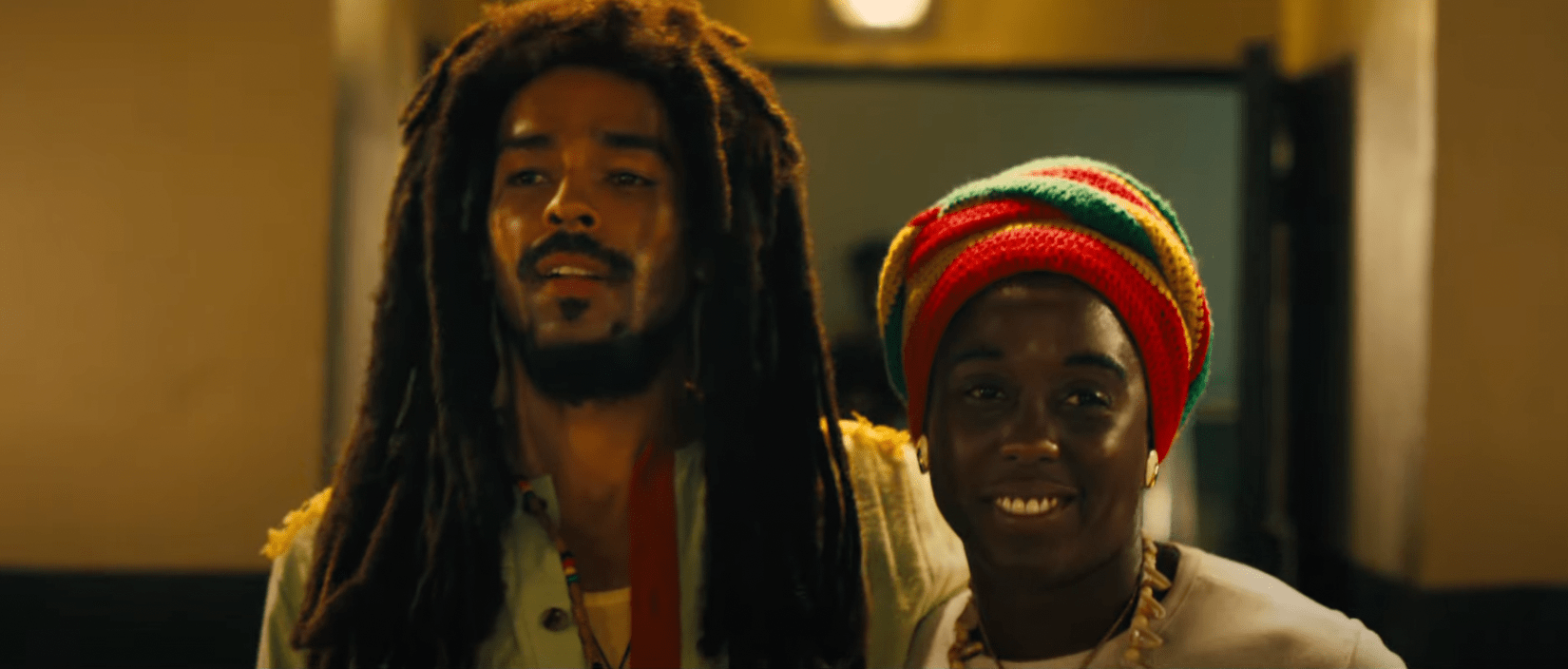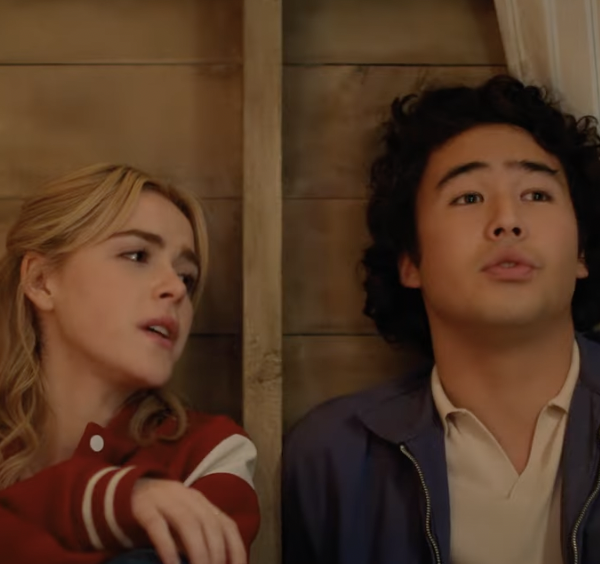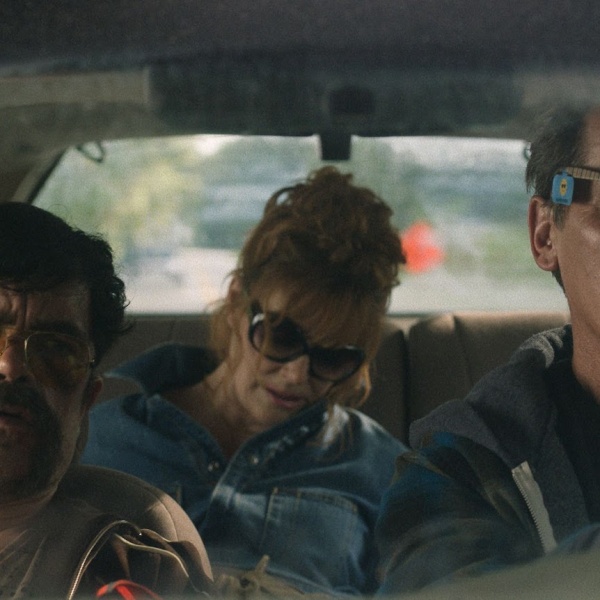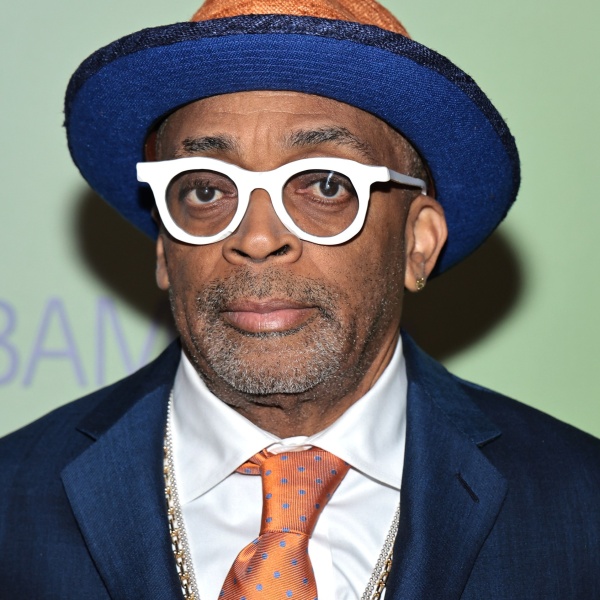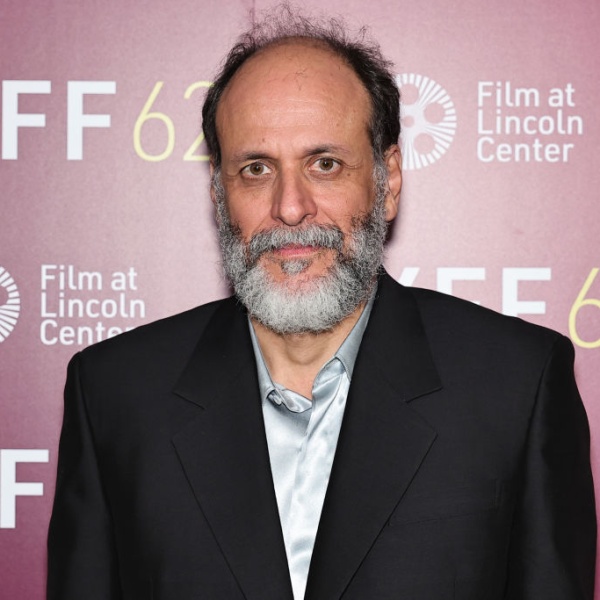In the years since his premature death, reggae legend Bob Marley has been culturally defanged into a benevolent good-times symbol safe for dorm rooms and yuppie living rooms everywhere. Marley’s string of popular songs, many of which were compiled in his posthumous greatest hits collection “Legend,” turned him into one of the best-selling artists in the world, but this mass-market commercial appeal also necessitated a dilution of his radicalism and spiritual essence. Though many can probably identify “Jamming” or “Is This Love?” as a Marley tune if it was played for them, he’s still probably associated more with generic weed culture than any type of revolution, which is an obvious shame given the political roots of reggae and Jamaica’s storied history.
It makes some kind of sense that “Bob Marley: One Love” is being released at this time of heightened political consciousness. Granted, most contemporary music biopics are a mere extension of the intellectual property-based filmmaking that still dominates Hollywood, with an artist’s catalogue and an estate-sanctioned biography functioning as source material in the way a young adult book franchise or a popular toy line does. But if there ever was a reason for a mainstream biopic of a superstar musician to exist beyond pure nostalgia, a Bob Marley biopic that cuts through his sanitized suburbia-sanctioned image probably qualifies.
Alas, “One Love,” produced and endorsed by the Marley estate, doesn’t do this, which isn’t a terrible surprise but still somewhat disappoints, considering its potential. The film confidently depicts Marley as a beatific figure who frictionlessly moves through a world ostensibly teeming with conflict. Its script — credited to four writers: Oscar nominee Terence Winter, Caymanian writer-director Frank E. Flowers, “King Richard” co-writer Zach Baylin, and director Reinaldo Marcus Green — strives to convey the musician’s internal struggles, or at least strives to convey that Marley had internal struggles, but fails to convey much about Marley at all.
“One Love” plods through an inert, and-then-this-happened structure that neglects to illuminate or entertain. It’s watchable only because of performances from Kingsley Ben-Adir and Lashana Lynch, who admirably attempt to imbue Bob and Rita Marley, respectively, with genuine life absent from the rest of the film.
“One Love” attempts to capture Marley in a snapshot, from when he survived an assassination attempt in 1976 up to the “One Love Peace Concert” in 1978. During this time, Marley relocated to England where he recorded his acclaimed record “Exodus” — a name, the film implies, that was partially inspired by the 1960 Otto Preminger film — and embarked on a successful European tour. This narrow scope theoretically should provide the film with a sustained focus to detail Marley’s psyche, or his relationship with Rita, or his new musical direction.
But “One Love” communicates in such broad strokes that most details about Marley’s self-imposed exile comes across as ill-defined or vague, illustrated by the fact that almost every character who isn’t Bob or Rita Marley carries no distinct personality. Everyone in the Wailers or Marley’s extended entourage and family resemble a nebulous mass. Chris Blackwell (James Norton), the founder of Island Records, stands apart, but that’s largely because he’s one of the film’s few white characters, and manager Don Taylor (Anthony Welsh) somewhat resembles a human being only because he’s shot alongside Marley and then later steals from him.
Worse, “One Love” drains even the most superficial political substance out of Marley’s life. It’s mildly egregious to depict the singer’s assassination attempt without explicating any connection to the then-ongoing civil war in Jamaica between the democratic socialist People’s Nationalist Party and the conservative Jamaican Labour Party. Instead, the film characterizes the shooting as a general extension of “street violence.” The entire film passes by without hardly a mention of Marley’s consciousness around anything, like his feelings about the long tail of British colonialism or the C.I.A.’s involvement in Jamaican political conflicts. “One Love” blankets his ideology into broad categories of peace and love disconnected from anything material, befitting his current mainstream image.
For a film that features guns, concert snippets, and hallucinatory sequences, “One Love” feels impressively meager. Events occur at such a fast clip that their weight constantly fails to register. One minute, Marley is recording “Exodus,” and the next, it’s a smash hit. In one of the film’s many montages, Marley enjoys his rise to fame, but almost as soon as the montage ends, he’s buckling under the weight of it by lashing out at his wife and manager with next-to-zero provocation. The editing in “One Love” renders the entire film slight while making it feel interminable, and the film betrays any benefit of its limited timeframe with frequent flashbacks to Marley’s youth. These scenes initially contain some internal logic by building out Bob and Rita’s relationship or his introduction to Rastafarianism, but eventually it becomes padding. While it’s nice to see a young Marley and his band win over a record producer during an audition, it patently doesn’t need to be in the film.
The scant impressive elements in the margins of “One Love” suggest a potentially richer film, which makes the existing product all the more frustrating. It’s notable that “One Love” features almost the entire cast speaking in thick Jamaican patois; Green, the actors, as well as the Marley family should be commended for both their commitment to authenticity and indifference as to whether white audiences will be able to comprehend the accent. (If the film were released in its current state a decade ago, its distributor would have almost certainly demanded subtitles.)
The film also adopts a similarly deep-end approach with its depiction of Rastafarianism; it actively operates under the assumption that an audience will be familiar with figures like Haile Selassie and Marcus Garvey. Green also succeeds in conveying mundane elements of Marley’s mythos with a causal, quiet grace, like his daily morning jogs and pick-up football games in the park. These transitional scenes express more about Marley as a person, as opposed to an icon, than virtually everything else in the film. (“One Love” hardly comments on the artist’s near-frequent marijuana use, accurately depicted in the film, which could mean Green and company didn’t want to address his stance on legalization, or they just didn’t want to emphasize an obvious aspect of his legacy. Either way, it’s appreciated.)

Considering that Ben-Adir has been given the unfair task of playing a well-documented legend, he successfully rises to the challenge. He could have easily turned Marley into a series of tics or caricatured his patois, but instead Ben-Adir portrays him as more of a three-dimensional man than the script indicates. Ben-Adir and Lynch also share a warm, familiar chemistry, and their scenes together capture the frustration of a long-term, rocky relationship connected by music, religion, and time. They instill the film’s worst moments with such honest emotion that it’s downright irritating that “One Love” constantly lets them down.
Since “One Love” features so much of Marley’s music, the film’s default most positive takeaway is that Marley was indeed a great musician, and even his most overplayed songs carry legitimate power. Granted, the film isn’t the best delivery system for his music (any of his actual records will suffice), but given that “One Love” must include scenes of Marley and the Wailers live and in studio to fill time between cornball dialogue and ominous foreshadowing of the artist’s devasting melanoma, at least Green understands that the music needs to be front and center. The scene when Marley and the Wailers improvise the song “Exodus” has a stale, hackneyed tone to it, and yet it still manages to capture the spontaneity of creation and the righteousness of reggae, proving that Marley can make beauty rise from the dreariest situations.
Grade: C
Paramount Pictures will release “Bob Marley: One Love” in theaters on Wednesday, February 14.
